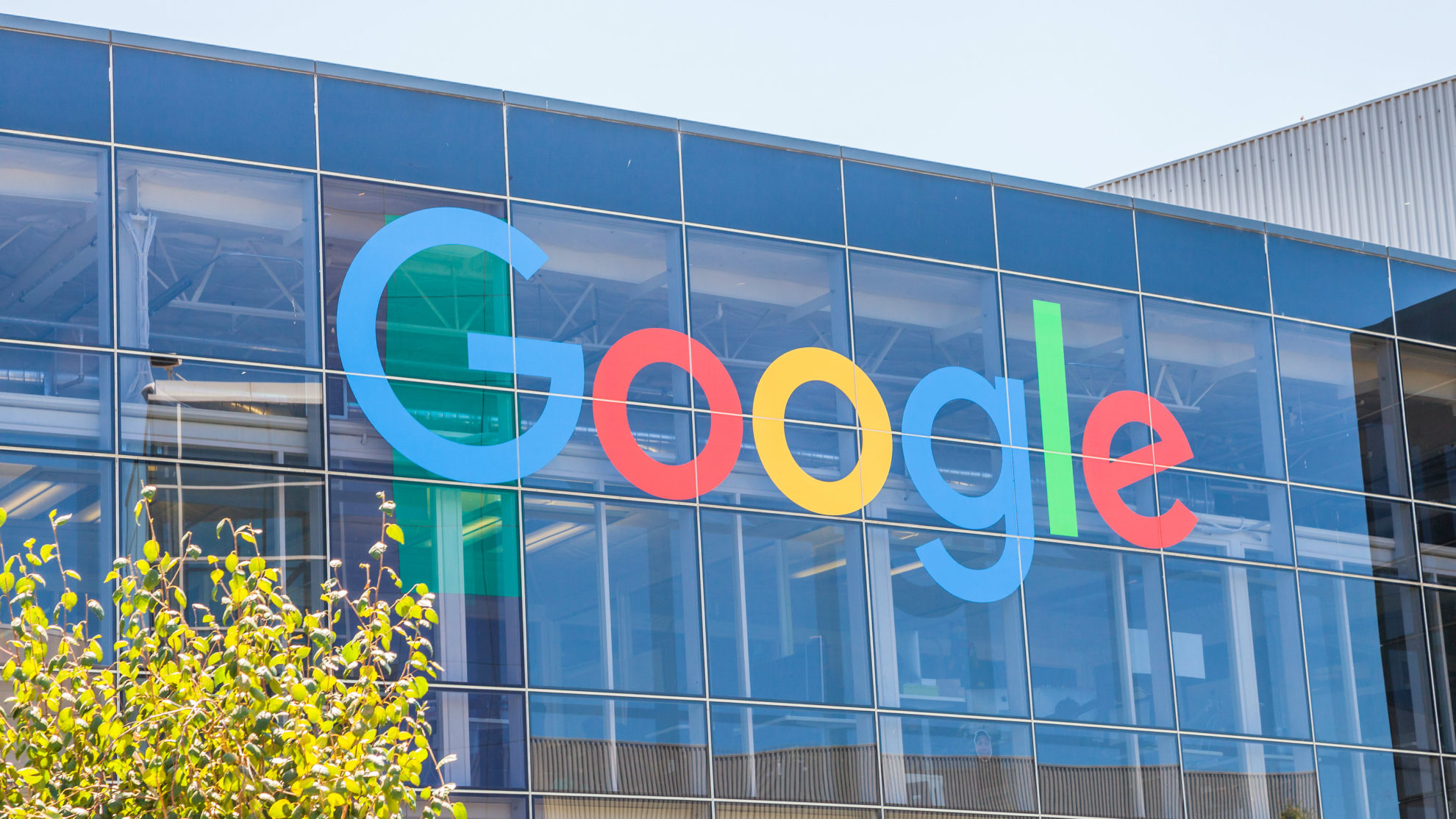Google Catches an Engineer stealing Valuable AI data for Chinese firms. Here is what to know.
The Accused
Linwei Ding, a former software engineer at Google, has been charged with stealing over 500 unique files of confidential information from Google and selling it to a Chinese company. He is also known as Leon Ding.

The Crime
Ding allegedly stole more than 500 confidential files related to the infrastructure of Google’s supercomputing data centers, which are used to host and train large AI models. He began uploading information stored in Google’s network to a personal Google account in May 2022. These uploads continued periodically for a year.
The Chinese Connection
Ding took up a job as a CTO in a China-based tech company. He spent several months in China working for Beijing Rongshu Lianzhi Technology, a start-up tech company that approached him. He was offered $14,800 per month to be the company’s Chief Technology Officer.
In addition to this, Ding also started his own tech firm, Shanghai Zhisuan Technology, which had a focus on AI and machine learning, and made himself the CEO. Prosecutors allege Mr. Ding never told Google about his work for either company.
The Discovery and Arrest
Google became suspicious after learning about his actions at a conference and suspended his access. A search of his activity history revealed the unauthorized uploads. Ding was arrested on Wednesday in Newark, California.
The Charges and Penalties
Ding was indicted in California on four charges. If convicted, he faces up to 10 years in prison and $250,000 in fines on each count.
The Reaction
The Justice Department says it will not tolerate the theft of artificial intelligence and other advanced technologies that could put national security at risk. US Attorney General Merrick Garland said in a statement on Wednesday that Linwei Ding was seeking to enrich himself by covertly working for companies that were “seeking an edge in the AI technology race”.
The Role of Data Monitoring in AI Security
Interestingly, this incident also brings to the forefront the role of data monitoring in AI security, a domain where Google’s practices are particularly noteworthy. Indeed, this incident does shed light on Google’s data collection and monitoring policies. Google collects a vast amount of data to improve its services and provide personalized experiences. This includes data from Google services you use, your devices, and your interactions with Google.
Google uses a system called Cloud Monitoring, which automatically collects and stores performance information for most Google Cloud services. This system can help Google understand the behavior, health, and performance of its applications and other services. It can also alert Google when the value of a performance metric meets criteria that they define.
In the case of Linwei Ding, Google likely used these monitoring systems to detect unusual activity, such as the unauthorized uploads of confidential files. This highlights the importance of robust monitoring systems in detecting potential security breaches and protecting intellectual property.
However, Google’s data collection practices have raised privacy concerns. The company has faced criticism for the amount of personal data it collects and how it uses this data. Google has stated that it works closely with data protection authorities around the world and has implemented strong privacy protections. Users can manage their privacy settings to control how their data is used.
Conclusion
This case illustrates the lengths affiliates of companies based in the People’s Republic of China are willing to go to steal American innovation. It also highlights the need for vigilance against Chinese economic espionage and potential security risks from advancements in AI and other technologies.
Google’s extensive data collection and monitoring practices, while raising valid privacy concerns, also play a crucial role in enhancing user experience and ensuring security. The data collected helps Google to personalize and improve its services, making them more useful and intuitive for users. Moreover, these practices are instrumental in detecting potential security breaches, thus protecting users and their information. As AI technology continues to advance, Google is at the forefront of leveraging this data to drive innovation while also investing in strong privacy protections. So, while it’s a complex issue, it’s also a testament to Google’s commitment to both technological advancement and user security.
You think you have a story worth everyone’s time? SUBMIT A STORY and we will publish it.
Share this content:




Post Comment